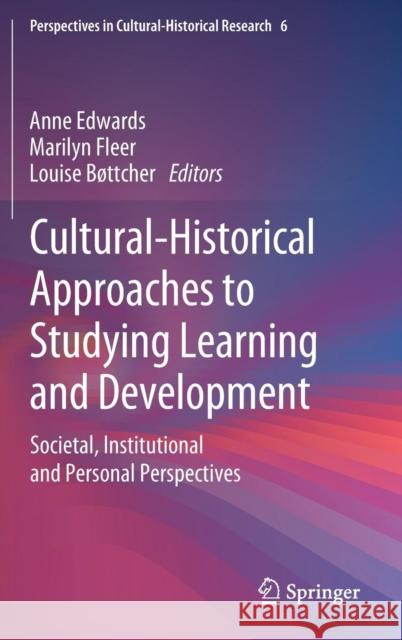Cultural-Historical Approaches to Studying Learning and Development: Societal, Institutional and Personal Perspectives » książka
topmenu
Cultural-Historical Approaches to Studying Learning and Development: Societal, Institutional and Personal Perspectives
ISBN-13: 9789811368257 / Angielski / Twarda / 2019 / 344 str.
Cultural-Historical Approaches to Studying Learning and Development: Societal, Institutional and Personal Perspectives
ISBN-13: 9789811368257 / Angielski / Twarda / 2019 / 344 str.
cena 645,58
(netto: 614,84 VAT: 5%)
Najniższa cena z 30 dni: 616,85
(netto: 614,84 VAT: 5%)
Najniższa cena z 30 dni: 616,85
Termin realizacji zamówienia:
ok. 16-18 dni roboczych.
ok. 16-18 dni roboczych.
Darmowa dostawa!
Kategorie:
Kategorie BISAC:
Wydawca:
Springer
Seria wydawnicza:
Język:
Angielski
ISBN-13:
9789811368257
Rok wydania:
2019
Wydanie:
2019
Ilość stron:
344
Waga:
0.67 kg
Wymiary:
23.39 x 15.6 x 2.06
Oprawa:
Twarda
Wolumenów:
01
Dodatkowe informacje:
Wydanie ilustrowane











